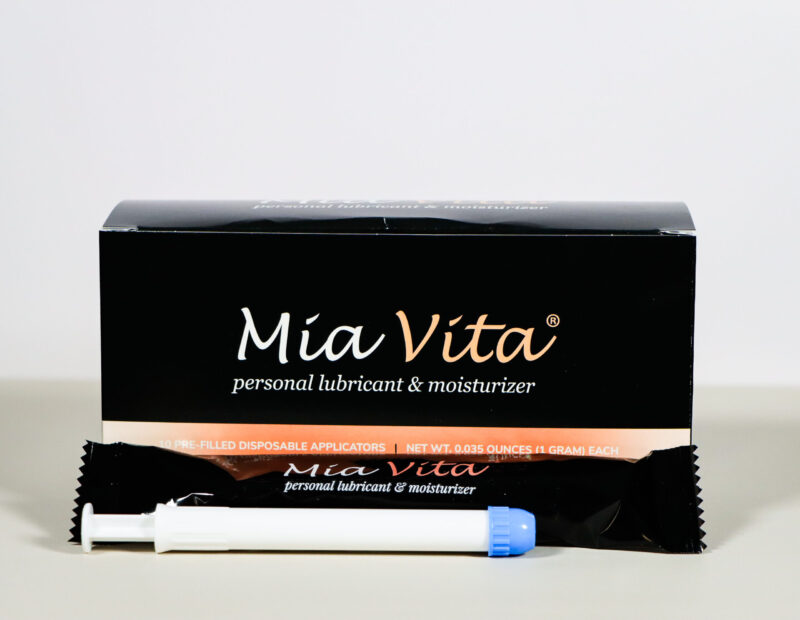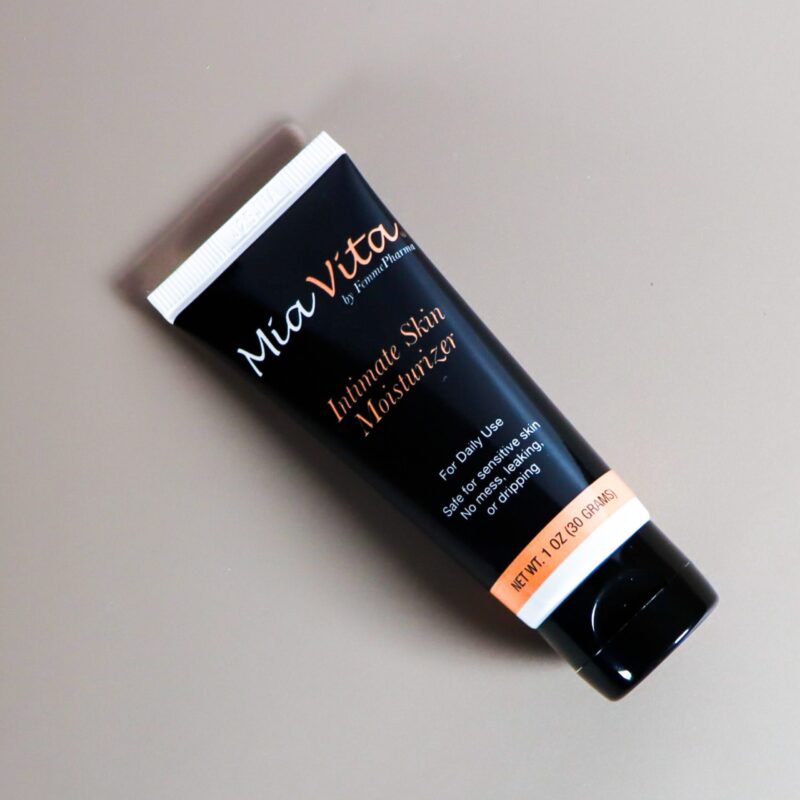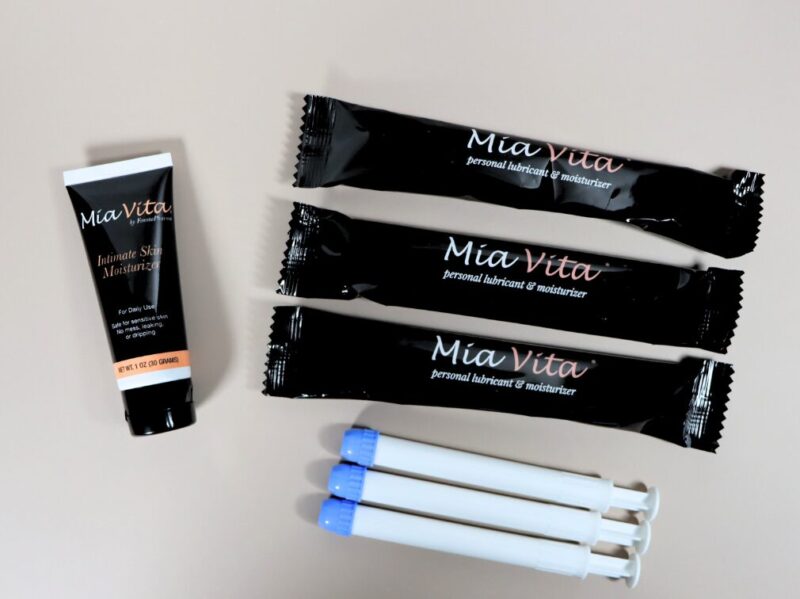The 20’s and 30’s are peak reproductive years for women and taking care of your reproductive health during these years is important. Reproductive health is often a reflection of overall health, and conversely, problems with reproductive health can lead to potentially serious general health complications. Following are some guidelines for ensuring robust sexual health and enjoying a safe and satisfying sex life.
Health screenings for your reproductive health
One of the most important ways to safeguard your reproductive and sexual health is through timely health screenings. The U.S. Preventive Services Task Force recommends screening reproductive-age women for transmissible diseases such as HIV, HPV, and hepatitis C. Annual visits to your gynecologist, starting at age 20 should include a Pap test every 3 years. At age 30, if you have normal HPV results you can reduce Pap testing to every 5 years.
Your doctor will also recommend screenings for general physical, lifestyle, and mental health issues like obesity and cardiovascular disease risk factors; alcohol and tobacco use; depression; and intimate partner violence, all of which can disproportionately affect women and impact reproductive health.
How to have safer sex
All sexual activity carries a risk of sexually transmitted infection (STI). The best way to be the most protected from STIs is to have monogamous relationships. When beginning a new relationship, discuss your and your partner’s sexual histories, including any previous STIs. Also discuss any history of drug and alcohol use, since that often leads to more risky sexual behavior. To prevent transmission of HIV use latex condoms, as spermicides have not been proven to be effective against HIV infection. Finally, avoid douching after intercourse. It doesn’t prevent STIs and could worsen an infection by washing away any spermicide you may have used.
Choosing the right personal lubricant
Lubricants can increase sexual response and pleasure and improve your orgasms. Lubricants are also important for your reproductive health because they can help protect against tissue damage and make condoms more effective by preventing them from tearing.
There are three kinds of lubricants: water-based, oil-based, and silicone-based. Each has its advantages and disadvantages and the best type for you will depend upon your needs and preferences. Be aware that oil-based lubricants can degrade latex condoms so the two should never be used together.
Period problems and how to manage them
Dysmenorrhea
For the over half of women, menstrual periods involve pain and/or discomfort of some type. Known as dysmenorrhea, this may take the form of cramping or a sensation of heaviness in the pelvic region.
- Primary dysmenorrhea is directly related to excessive uterine contractions. Having heavy periods, smoking, and high stress levels can be contributing factors.
- Secondary dysmenorrhea is period pain that arises from a different cause and can signal a serious health problem, such as endometriosis, uterine fibroids, or ovarian cysts. If period pain is not manageable with over-the-counter pain killers or if it interferes with your daily activities, it’s time to see your doctor for a checkup to rule out these or other contributing conditions.
PMS
Moodiness and irritability, food cravings, fatigue, bloating, and other unwelcome symptoms that signal the onset of menstruation are an uncomfortable fact of life for close to 75% of women. Although the precise cause is not known, fluctuating hormones and even changes in brain chemistry are thought to be involved. Lifestyle changes like getting plenty of sleep and regular exercise and eating a healthy diet high in protein and fiber and low in sugar can smooth out the PMS roller coaster and help you cruise through this time of the month. For persistent or severe PMS, your doctor may suggest taking birth control pills to get hormonal cycling under control and/or antidepressant medications to help with PMS-related depression.
PCOS
Another type of hormonal imbalance affecting women in their reproductive years is polycystic ovary syndrome, or PCOS. Between 5 and 10% of women are affected by PCOS, which is associated with an excess of androgenic (male) hormones and/or high levels of insulin and can lead to missed or more frequent periods, weight gain, facial hair growth, and infertility. PCOS also increases the risk for diabetes, high blood pressure, elevated cholesterol, sleep apnea, depression, and endometrial cancer. Obesity increases risk of developing PCOS, and it also runs in families.
PCOS is managed with hormone-based birth control and, in some instances, androgen-blocking medicines, though these are not FDA-approved for this purpose and can potentially cause problems in the event of a pregnancy. The diabetes drug metformin can help improve insulin resistance, and weight loss is also recommended, as indicated. To improve your chances of getting pregnant if you have PCOS, medicines that promote ovulation can be used, as well as in vitro fertilization (IVF).
Taking care of your reproductive health during 20s and 30s pays multiple dividends for reproductive and general health and will prepare you to thrive in the next phase of life… menopause.
Information contained in this article is not meant to provide medical advice. Please consult your healthcare provider.
FemmePharma has been helping women navigate menopause for over two decades. No matter where you are in your journey, you deserve to have knowledgeable, intimate healthcare partners to help you feel your best. Explore our other articles, podcast episodes with women’s health experts, and products to ease your transition into menopause.



